If I asked you what you stand for, what would you say? Let me put it another way. How would you like to be remembered?
These are questions that we rarely ask ourselves. We live in a society driven by short-term goals and targets, which can sometimes mean we lose sight of what makes us, well, us.
Our lives are dominated by goals. We set them, others set them for us, we are taught how to set them and can be afraid of what might happen if we don’t achieve them. In this article, I will be discussing an alternative to living our lives by goals and instead, choosing values.
I know, I know, sometimes goals can be useful. I’m not saying to purge your life of any goal-setting activity. What I’m suggesting is that we live our lives based on values, rather than all-or-nothing goals.
Let me make one thing clear. This is not a one size fits all approach. For some people this will make total sense and seem relevant, but others will wonder what I’m rambling on about and stop reading half way through. Either is fine.
What Is A Small Change That Might Be The Key To Living A Happier Life?
So what is this magical value thing I’m talking about, and how might it make you happier? Well, I’d like to start by asking you to imagine a compass.
Our values are like our personal compass. They are what is most meaningful to us and show us the direction we’d like our life to head in.
We all have values based on work, education, relationships, families, friends and personal fulfilment, amongst others. Yes, sometimes we may veer of course, but we can always pull out our compass and realign ourselves.
Values are different to goals in that goals can be achieved and ‘ticked off the list’, whereas values can’t. Values are a way of living.
The problem with goals is that they constrain us. They are either achieved or are not.
We set them with the greatest of intentions, but sometimes they can be just beyond our reach. Where an unachieved goal may be disastrous, there is always another opportunity to reconnect with our values and live according to them.

If we are able to identify what our values are, it enables us to make the choices which are most in line with who we are and who we want to be.
What Is An Example Of One Small Change That Might Be The Key To Living A Happier Life?
Here’s an example which might make things clearer. A mum might have the goal of taking her son to watch a football match every week. However, if she is unable to achieve this, it could leave her feeling disappointed, low or negative about herself. Now let’s think about why she set this goal in the first place.
It might be because she wants to spend quality time with her son. Sure, and why would she want to spend quality time with her son? Perhaps because she wants to be ‘a good parent’. Ding! In this instance, her value is ‘being a good parent’.
Now you might be wondering what the relevance is here. Well, if she lived by her value of ‘being a good parent’, it would give her greater flexibility in the way in which she lives by this value and not so constrained by carrying out a particular activity or action.
The point here is, by connecting with our values and living by these, it means we are living our life guided by what is most important to us and in a flexible and achievable way. Sounds like a happier life to me.
Final Thoughts
So now I challenge you to think about what your own values are and start considering how you could live by them. Let me go back to my first questions. What do you stand for?
And how would you like to be remembered? For example, if you’re thinking about relationships – what sort of partner do you want to be? Or perhaps employment – what kind of work is valuable to you and why?
Our values are what guide us in life. If we are able to identify what our values are, it enables us to make the choices which are most in line with who we are and who we want to be.
What I suggest is that if we are doing this, it might make us happier. Might.




